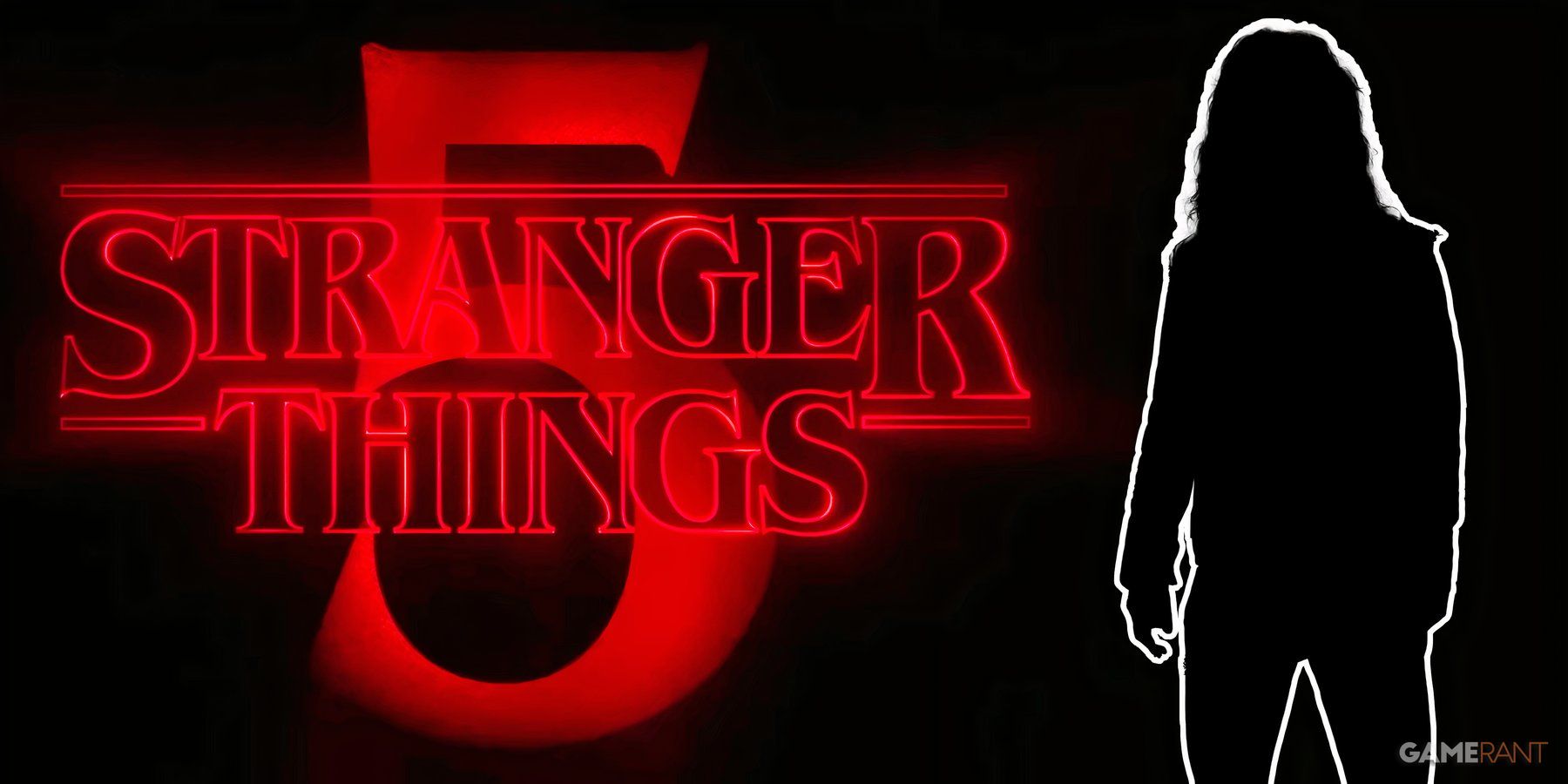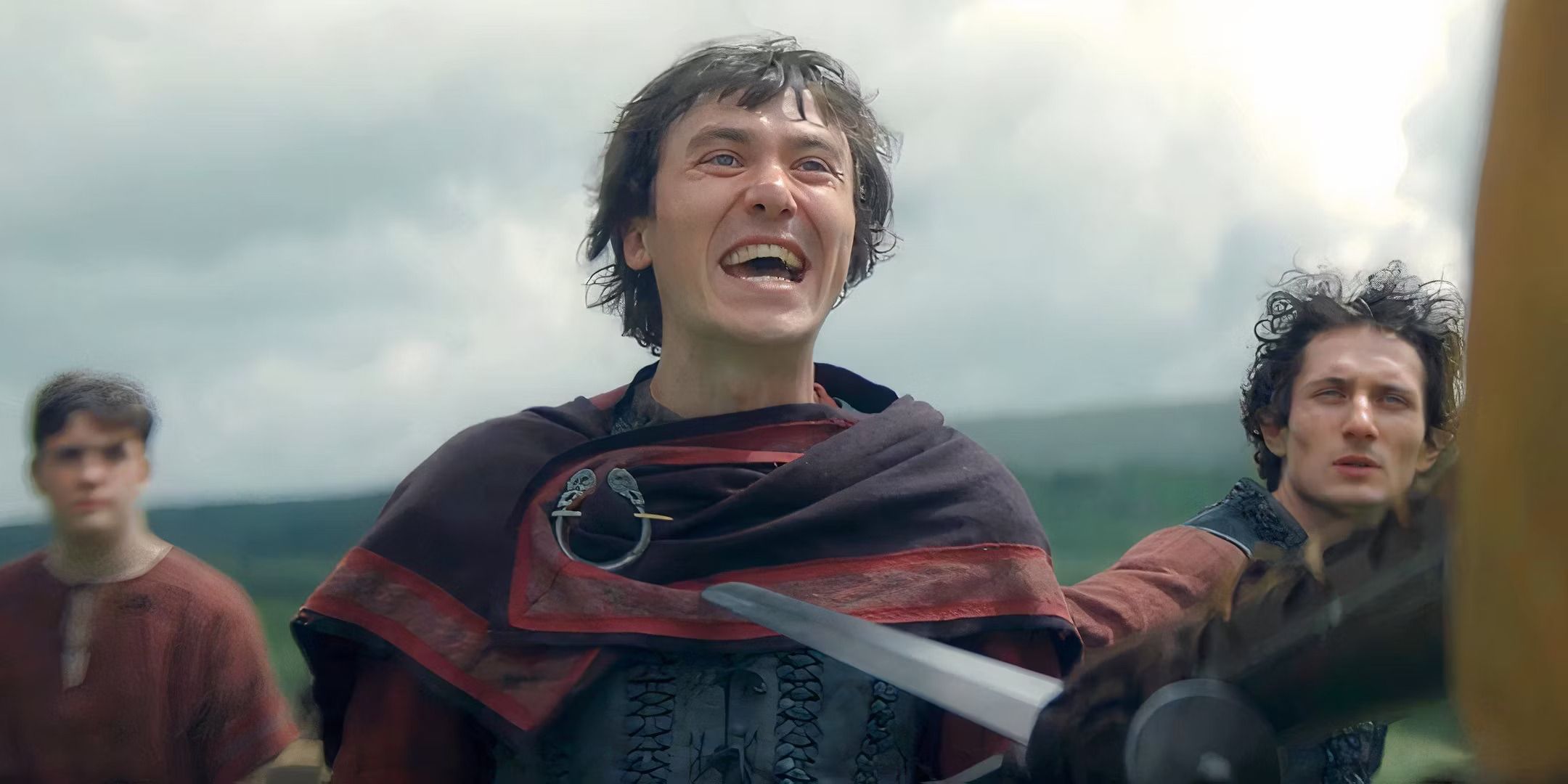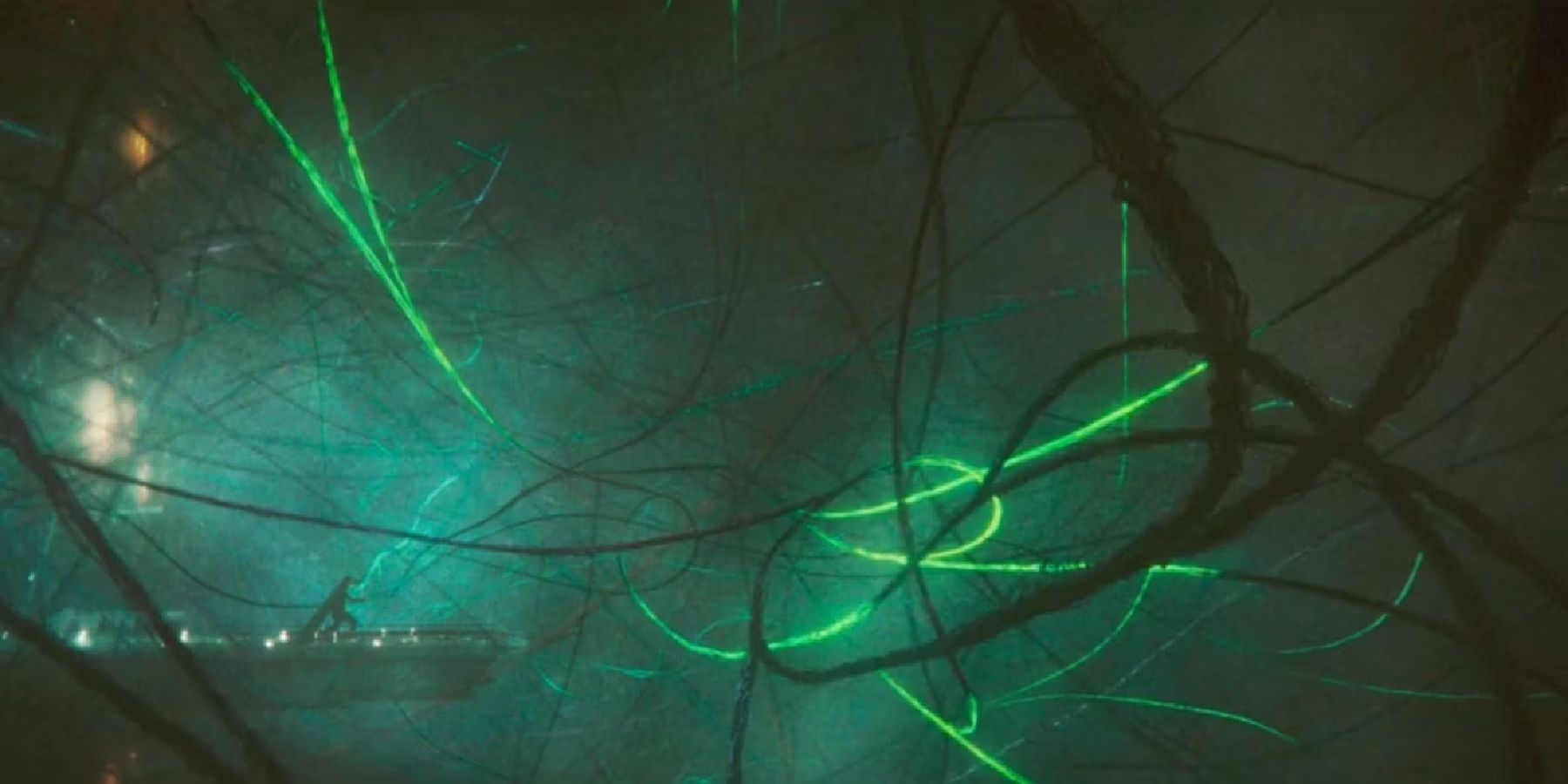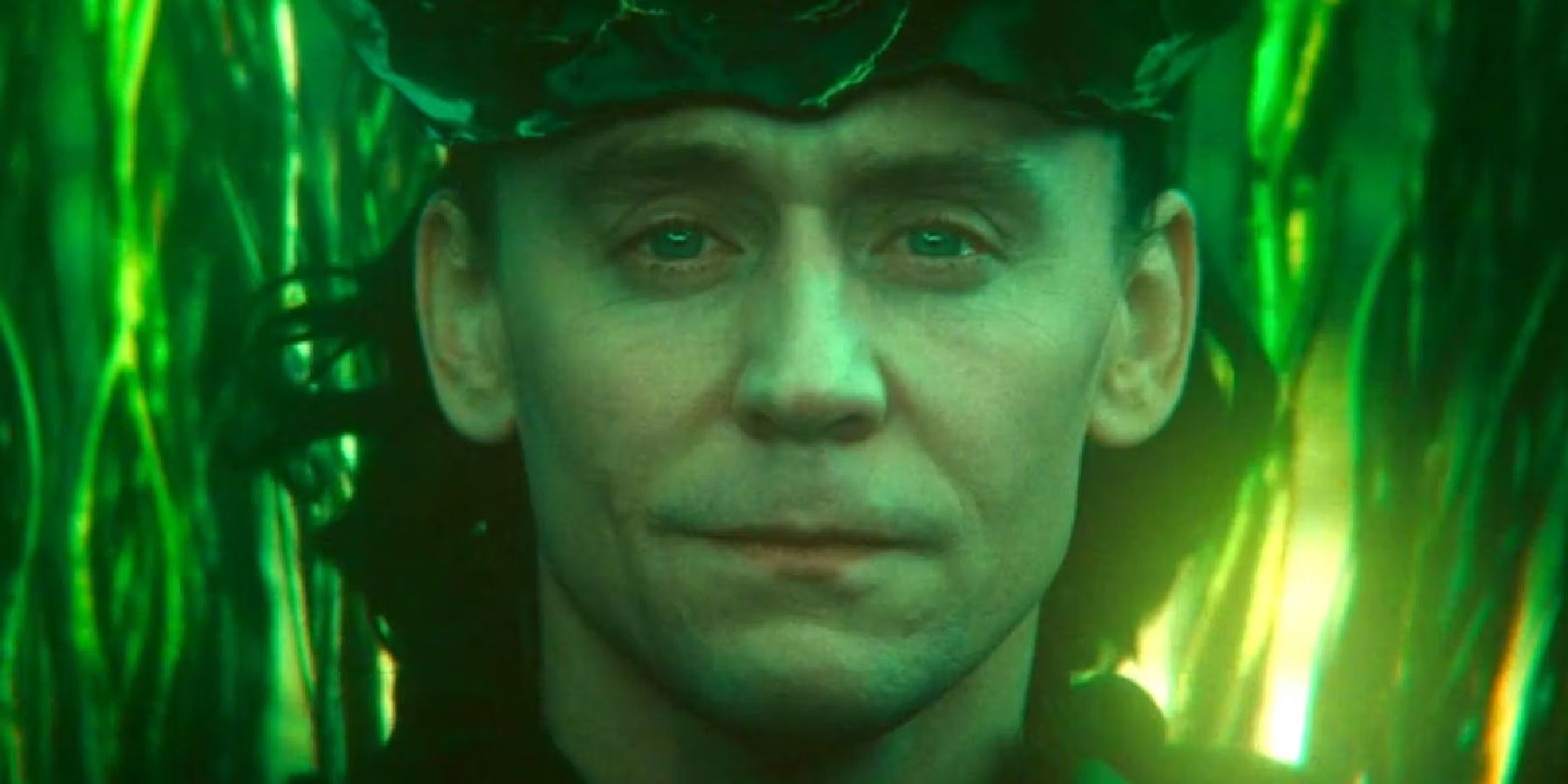This article contains spoilers for Loki season 2.
Highlights
- Loki's journey of self-discovery throughout season two has allowed him to develop into a well-rounded and beloved character, surpassing his growth in the MCU movies.
- Despite his efforts to fix the temporal loom and prevent the collapse of reality, Loki realizes that the issue will persist due to too many branches in the timeline.
- In the end, Loki chooses to destroy the temporal loom and becomes the God of Stories, taking control of all the timelines and becoming a living temporal loom.
Loki season two concluded with significant repercussions that characters throughout the MCU will feel in the coming years. The series has taken the titular character on a journey of self-discovery that has allowed him to develop into a well-rounded and beloved person. The amount of growth Loki experienced since the beginning of the first season of his show is even more than he received throughout all of the MCU movies and arguably more fulfilling. If anyone was skeptical as to how season two was going to surpass the show's first season, Loki becoming a new god in the MCU should prove satisfying.
The entire season dealt with the ramifications of Sylvie killing He Who Remains in the season one finale. Throughout his journey to prevent multiversal incursions from all of the Kang variants and the complete collapse of reality, Loki discovers far more valuable: His purpose. He takes on a new role within the MCU, making it his glorious purpose, which happens to be the episode's title as a reference to his line from 2012's The Avengers. All Loki has ever truly wanted was a purpose. He thought it was to sit on a throne and rule, but this finale shows him doing something much more meaningful than rule.

Is Loki's New Time-Slipping Power The Key To Defeating Kang?
The Avengers may have their best bet in defeating Kang with Loki’s new time-slipping power. But, there may be another problem they’ll have to face.
How Does Loki Season 2 End?
Episode Title | Glorious Purpose |
|---|---|
Director | Justin Benson & Aaron Moorhead |
Writer | Eric Martin & Michael Waldron |
Cast | Tom Hiddleston, Owen Wilson, Jonathan Majors, Sophia Di Martino, Ke Huy Quan, and Wunmi Mosaku |
Runtime | 58 minutes |
The penultimate episode showed Loki learning to control his time slipping, allowing him to transport himself to any point in time where he was present. While that sounds like he could just jump back in time and prevent Victor Timely (Jonathan Majors) from evaporating into temporal spaghetti, it's never that easy. First, Loki thinks Victor needs to run faster to avoid his stringy noodle demise, but that proves fruitless. The God of Mischief decides to travel back farther and then farther. No matter how many attempts he makes to keep Victor alive to fix the temporal loom, nothing he does works.
Loki ends up talking OB (Ke Huy Quan) into giving him a thorough (several centuries) lesson in temporal mechanics. Not only does this make Loki an expert on everything temporal, it also negates any sense of urgency for him. He shows his utter indifference to everything around him as he leads Victor through the steps he must take to fix the loom. Meanwhile, everyone else either frantically scurries about as time is of the essence (for them) or they look on at Loki in confusion. It's clear Loki not only received a physics lesson but also repeated the same steps over and over again for several centuries as he has that same "Yes, very sad. Anyway" demeanor he had in season one.
Both seasons of Loki are available to stream on Disney Plus
Despite all of his efforts of repeatedly reliving the same event as if in a Groundhog Day loop, learning everything there is to know about temporal mechanics, and finally getting Victor Timely to successfully stabilize the temporal loom, it proves fruitless. At first, it seems like the Throughput Multiplier does its job, but when all of reality starts breaking down, Loki realizes that the issue will persist. Timely points out that even though they increased the throughput of the loom, there are too many branches.
When he realizes the loom will always fail, Loki time slips to another significant point in time: When Sylvie killed He Who Remains. Once again, Loki relives the same events over and over, trying to stop Sylvie from killing the Kang variant. Countless fights ensue between Loki and Sylvie until He Who Remains opts to pause the event and have a discussion with Loki. He informs the Asgardian that the temporal loom is merely a failsafe, that it's designed to automatically prune branches, save for the sacred timeline, whenever there are more than it can contain. Loki leaves and pays one last visit to Mobius during their initial meeting, and that's where everything clicks for Loki.
After listening to Mobius's story about hesitating and making the hard choice, Loki chooses to "change the equation" and destroy the temporal loom. It at first appears that Loki killed all the timelines, but he wanders farther out onto the gangway, taking timeline after timeline into his grasp, and uses his power to jumpstart them back to life. With every single timeline in his hands, Loki wanders through a schism into the End of Time, where a throne forms for him to sit. All of the branches surround him once he sits on the throne and grows into a multiversal tree identical to Yggdrasil, the World Tree. With Loki at the center of this tree, he has shed his identity as the God of Mischief, opting to become the God of Stories and a living temporal loom.
Sylvie said it best when she said:
He's giving us a chance.
Does Loki Season 2 Have a Post-Credit Scene?
The short answer to a post-credit scene existing for Loki's season two finale is, no, there's no post-credit scene. The season finale chose to load up all of its epilogue stories just before the credits rolled. The show leaves many questions for its fans, but it also answers a few before those final credits scroll across the screen. The finale reveals that Renslayer ended up where all pruned things go: the Void at the End of Time. To make matters worse for Ravonna, she witnesses a roar followed by a purple glow in the sky, which can only be coming from Alioth, the giant temporal cloud guardian that devours everything it can in the Void. Renslayer's fate is left up in the air.
After Loki bravely sacrificed himself to become a living temporal loom and allow branched timelines to exist, the TVA had to shift its focus a bit. Instead of pruning variants and their timelines, their purpose now looks to be hunting down variants of He Who Remains. They seem especially concerned with his variants learning about the TVA's existence, which may point to them playing a significant role in either The Kang Dynasty or Secret Wars, acting as the calvary swooping in to save the day. Mobius and B-15 reference Kang and the events from Ant-Man and the Wasp: Quantumania, where Mobius once again confirms that the MCU designation is Earth-616. Mobius fans haven't seen the last of him, as Owen Wilson might appear in Deadpool 3.
It looked like Loki would make the impossible choice to kill Sylvie there at the end, but he opted to make an even more impossible choice. This allowed Sylvie to catch up with Mobius when he took a hiatus from the TVA to see what they're protecting. She tells the TVA agent that she's going to do whatever she wants now that she's truly free from persecution. It's unknown if fans will see her in the MCU again, but it would be a waste if Sophia Di Martino doesn't get an opportunity to reprise her role in a feature film. With Loki looking after the timelines from within the "Multiversal Tree," she could potentially become the MCU's primary Loki.
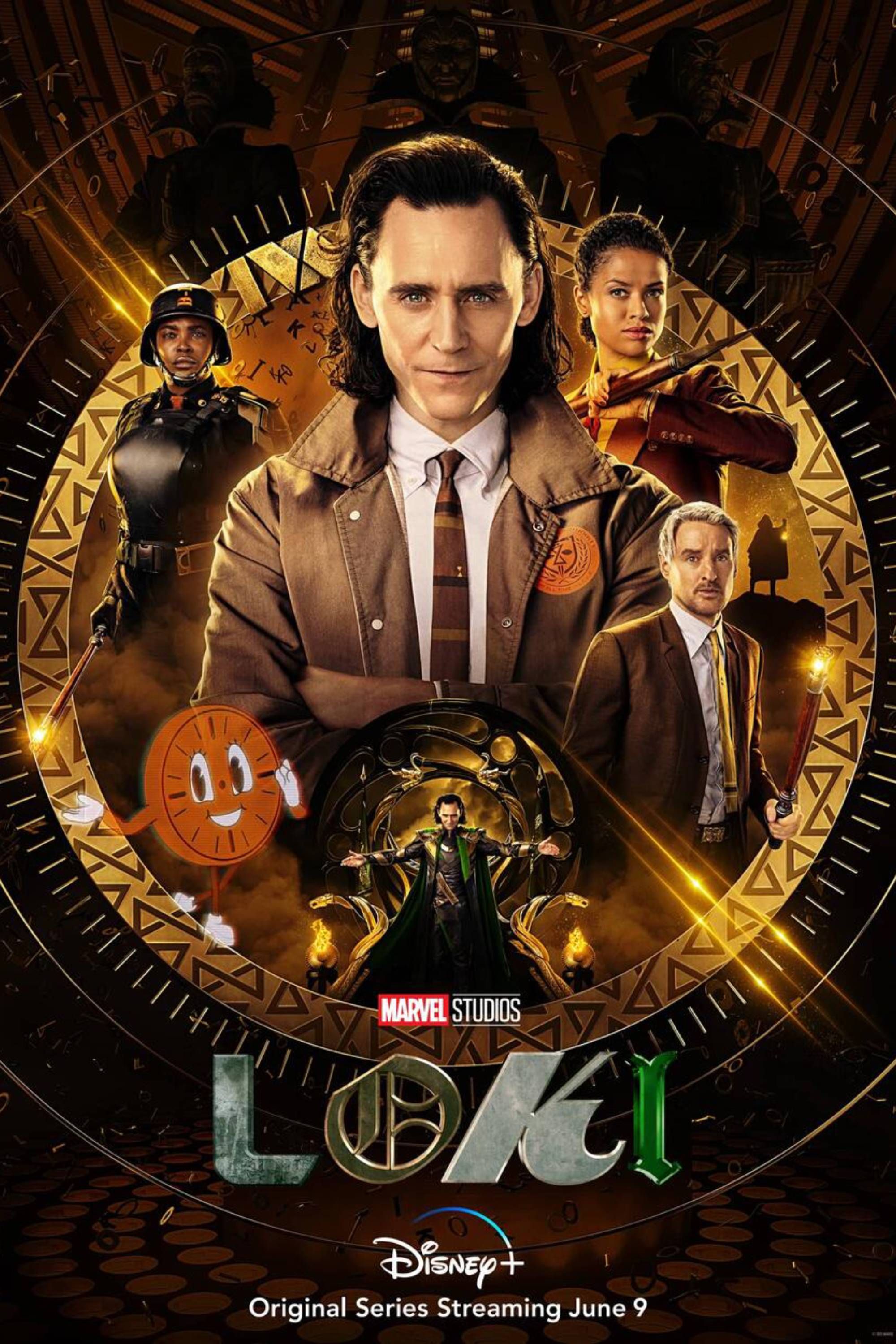
Loki
The mercurial villain Loki resumes his role as the God of Mischief in a new series that takes place after the events of “Avengers: Endgame.”

